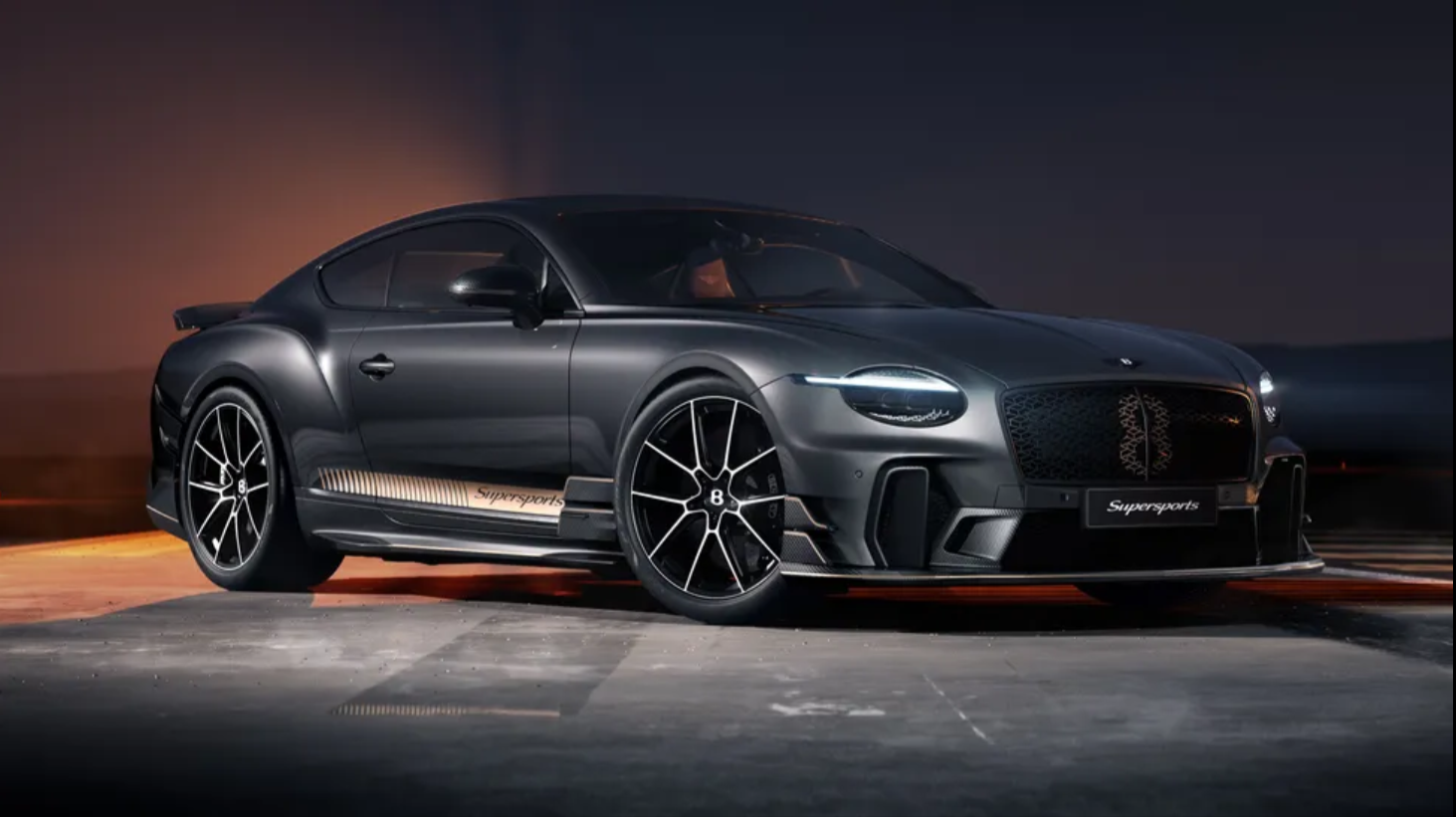The successor to the potent McLaren 720S is finally here. It’s called the 750S, and it enhances and refines many aspects of its predecessor, with around 30 percent of the supercar’s components new or changed. The automaker revealed both the coupe and hardtop convertible body styles.
The new McLaren hides a twin-turbocharged 4.0-liter V8 engine under the familiar-looking body. It produces 730 horsepower (740 brake horsepower) and 800 Newton Metres of torque, more than the McLaren P1. An updated seven-speed sequential gearbox with a shorter final drive ratio feeds power to the rear wheels.
The 750S Coupe and Spider can reach 100 Kilometres per hour in just 2.7 seconds. However, the convertible is 0.1 seconds slower to 200 kph – 7.2 to 7.3 – and 0.6 seconds slower to 300 kph, which takes 19.8 and 20.4. Their quarter-mile times also differ, with the coupe completing it in 10.1 seconds compared to the Spider’s 10.3-second time. Both can reach a top speed of 332 kph.
The model has a 0.24-inch (6-millimeter) wider front track and new suspension geometry. It arrives with McLaren’s new-generation Proactive Chassis Control III, with three-percent softer front springs and four-percent firmer rear ones. The automaker also improved its vehicle-lift system, raising the front of the car in four seconds. It took the 720S 10.
The new 750S “further sharpens McLaren’s “form follows function” design philosophy,” with the supercar featuring a familiar design and fresh styling. At the front, a new bumper channels air into the redesigned and narrower eye sockets that house the LED lighting and a path to the low-temperature radiators. A new extended front splitter provides aerodynamic balance, working in connection with the 20-percent larger active rear wing.
The rear of the coupe and convertible concludes in a P1-inspired center-exit exhaust system, which had designers repositioning the active rear wing two inches higher. McLaren also fits the 750S with bigger intakes ahead of the rear wheel, a new rear bumper, a new mesh grille, and a new rear deck.
An Alcantara interior is standard, with two additional specifications available: TechLux and Performance. The first uses Nappa leather throughout the cabin, while Performance combines leather and Alcantara. McLaren further improves the interior with a new dark metal finish and customizable ambient lighting.
The cabin receives new displays, with the instrument cluster moving inside a binnacle attached to the steering column. The new McLaren Control Launcher allows drivers to save their favorite aero, handling, powertrain, and transmission settings accessible via a single button press. Apple CarPlay is standard.
McLaren also worked to reduce the car’s weight compared to its predecessor. The carbon fiber-shelled racing seats are 17 Kilograms lighter than the standard chairs in the 720S. The company also installs the lightest wheel ever fitted on a series-production models – 10-spoke forged alloy rims that save another 13.7 kg.
Other styles are available in various finishes, including new gold Orum. All the weight savings results in the 750S coupe weighing 30 kg less than the 720S, tipping the scales at 1388kg (DIN). The Spider is only 49kg heavier at 1437kg.
The 750S will go on sale with a variety of available options. A track brake upgrade modeled after the system on the Senna adds larger ceramic rotors, monoblock calipers, a new booster and vacuum pump, and Formula 1-inspired caliper cooling technology. Customers can also get super-lightweight carbon fiber racing seats that weigh just 3.3kgs, Pirelli P Zero Corsa or Trofeo R tires, and an upgraded Bowers & Wilkins sound system.
Source


.jpg)
.jpg)
.jpg)



.jpg)

.jpg)
.jpg)


.jpg)
.jpg)
.jpg)

.jpg)

.jpg)
.jpg)

.jpg)


.jpg)






.jpg)


.jpeg)

.jpeg)
.jpeg)

